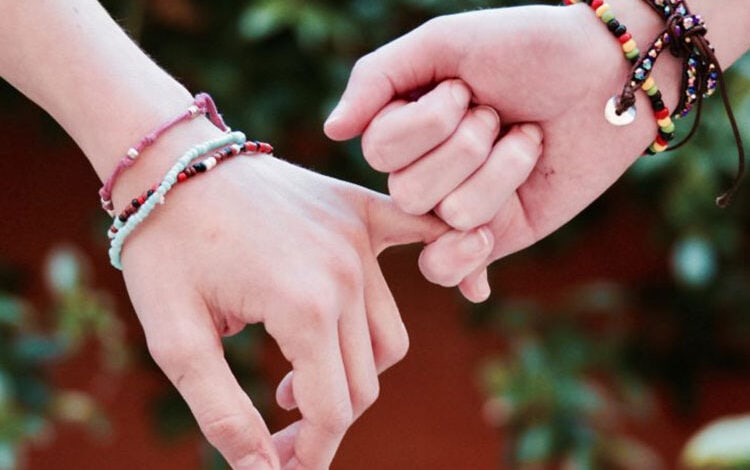Cocaine Abuse Treatment & Recovery Process
Cocaine is a common illicit stimulant that is abused to obtain a euphoric high. Also known as coke, C, blow, powder, snow, flake, and many other street names, cocaine comes in a powder that can be snorted or injected and in a solid form that can be smoked. Cocaine was first isolated and extracted from coca leaves in the mid-1800s. Before then, ancient Incas and native Peruvians chewed coca leaves to combat the effects of living at high altitude and also for religious ceremonial purposes. As of today, there is no medical indication for the use of cocaine, and therefore this is known as a very expensive addictive street drug in its purest form. It has a very high potential for abuse and therefore is considered a Schedule II drug according to the DEA. Since cocaine is a life-threatening drug with a high potential for overdose and cardiac complications, cocaine addiction treatment is extremely important, and entering into professional treatment help can save a life.
Cocaine addiction treatment: Is cocaine addictive?
Second to methamphetamine, cocaine creates the greatest psychological dependence of any drug, as it is known to stimulate the brain’s key pleasure centers, causing an extreme euphoria. The high addiction potential results from the psychological and physical dependence associated with cocaine and this drug’s quick developing tolerance. A tolerance to cocaine quickly develops only after a short time requiring the individual to use more of the drug more frequently to achieve the same level of euphoria. Depending on the method of use, the high from cocaine can last 15-90 minutes and can take effect immediately up to 10 minutes. Cocaine results in extreme happiness, increased energy and mental alertness, resulting in the widespread use of college students, shift workers, graduate students, and white-collar working professionals. This drug also results in irritability and paranoia, creating havoc among personal lives and work environments.
Cocaine addiction treatment: how cocaine acts in the body
Cocaine is a stimulant that acts to increase the body’s metabolism and increase heart rate, blood pressure, and body temperature. Cocaine increases the dopamine in the body, which results in a surge of pleasurable feelings, quickly followed by a low when the cocaine is depleted from the body.
The following are physical complications associated with cocaine use:
Altered mental status
New-onset seizures
Chest pain
Intracranial hemorrhage (brain bleed)
Myocardial infarctions (heart attacks)
Signs and symptoms of cocaine abuse
Dilated pupils
Profuse sweating
Runny nose
Chest pain
Paranoia
Elevated heart rate
Elevated blood pressure
Vertigo
Muscle twitching
Pseudo hallucinations (cocaine bugs)
Euphoria
Restlessness
Bruxism (grinding of the teeth)
Emotional lability
An impending sense of doom
Severe hyperthermia (high body temperature)
Violent behavior
Cocaine addiction and behavioral complications
Cocaine can also cause behavioral risks and can lead to co-occurring mental health disorders such as depression and anxiety. Cocaine addiction can uncover many underlying traumatic triggers in an individual’s life, such as abuse, neglect, a parent’s divorce, or an unhealthy relationship. These triggers can potentially lead to a mental health disorder if the individual cannot cope in a healthy manner. The following are behavioral risks that can be caused by cocaine use:
Increase risk for violence
Stealing
Lying
Social withdrawal
Driving under the influence
Erratic behavior
Cocaine abuse and addiction treatment
Like most other addictive substances, psychotherapy is the mainstay treatment for long-term cocaine addiction. In a medical setting for acute cocaine intoxication, medications such as benzodiazepines can be given to prevent cardiovascular complications such as myocardial infarctions. Oftentimes, co-occurring disorders such as anxiety, depression, bipolar disorder, and eating disorders can be present with a cocaine addiction, and both conditions must be treated. Depending on the severity and the duration of the addiction, higher levels of care such as inpatient hospitalization or residential treatment are necessary. Therapy techniques teach individuals how to prevent cravings and channel their energy into other positive thoughts and hobbies. The majority of individuals will need long-term outpatient care or community care such as Narcotics Anonymous. The following are specific psychotherapy approaches that are used for cocaine addiction treatment:
Cognitive-behavioral Therapy
Interpersonal Therapy
Acceptance and Commitment Therapy
Community support groups such as 12-step programs
Dialectal Behavioral therapy
Contingency management
The following are signs you should seek treatment for your cocaine abuse:
Financial hardships due to drug use
Cravings for cocaine
Using crack cocaine
Injecting cocaine
The inability to fulfill professional, personal, or academic obligations
Changes in mood due to cocaine use
Social isolation
Irritable moods due to cocaine use
Poor decision-making skills such as driving while under the influence
Increased sexual promiscuity




